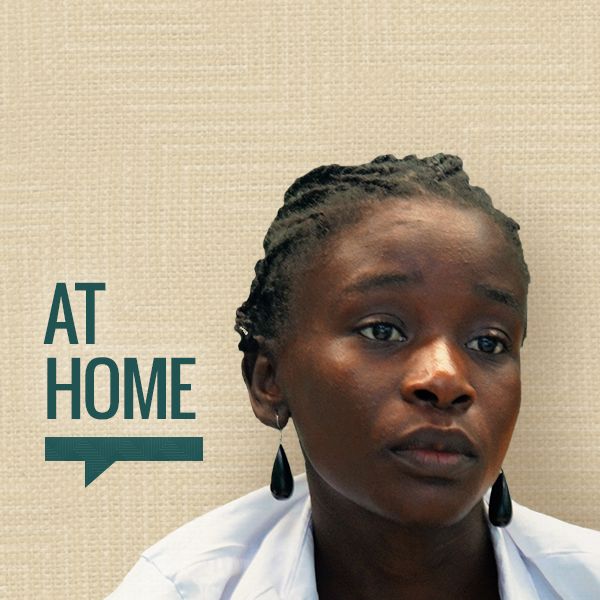Safe to Thrive: At Home

Women and girls have a fundamental right to safety. This safety is a precursor to development and growth, in order for girls and women to be able to build more prosperous lives for themselves, their families, their communities and their country. This week’s Girls’ Leadership Forum post features women from Washington, DC, Kenya, and Haiti sharing what makes them safe or vulnerable at home.
Nancy Inonda, Kenya
”
Reflections from Women in Haiti
Lucianne, Esther and Oselie live in the town of Borgne, not far from the market and close to the river and the ocean. They met to talk about their lives and what affect their sense of safety and well-being and that of their children.
In Lucianne’s words, “safety means to live in security, to live free of fear and to be protected from danger. It is most of all to be serene.” Esther said, “To me security means to live in a place where I feel at ease, physically and emotionally. A place where local authorities are there to protect people and are present in the community.” Oselie added, “I feel safer knowing that I live close to a well-equipped hospital where I can receive quality care.”
Despite the different meanings of safety these women have shared, their environment makes them all feel vulnerable. “We live under a lot of pressure. Whatever happens in the street affects us in our homes. We are always afraid, always scared. For example, we are scared when it rains! Whenever it starts to rain, I think about my home flooding and the river coming into our neighborhood,” said Lucianne. Esther added, “our homes are flimsy, they are not safe. So, when we talk about safety, we have to consider a host of issues. We also experience food insecurity… not always enough to feed our families and to eat ourselves.” These women, who represent many others in this community, live in fear of physical violence and wished that local authorities would be more proactive and address and defuse conflicts.
Reflections on Safety by Women in Southeast Washington, DC
When asked, “Where’s your shelter or home, and is that where you feel most safe?” some women at our Washington, DC site answered that they do not feel safe at home. Many of these women live in public housing or housing designated for low-income residents. These communities experience gang violence, drug use and shootings much too often, leaving the women feeling unsafe and afraid. However, some women said they do feel safe at home because of their relationships with their neighbors, the neighborhood police and others in their community. These relationships serve to protect the women and are a resource for when they feel endangered. Women also mentioned that they feel safe inside their home when they have their own keys and good locks on their doors. A summary of their answers is given by this word cloud below.

